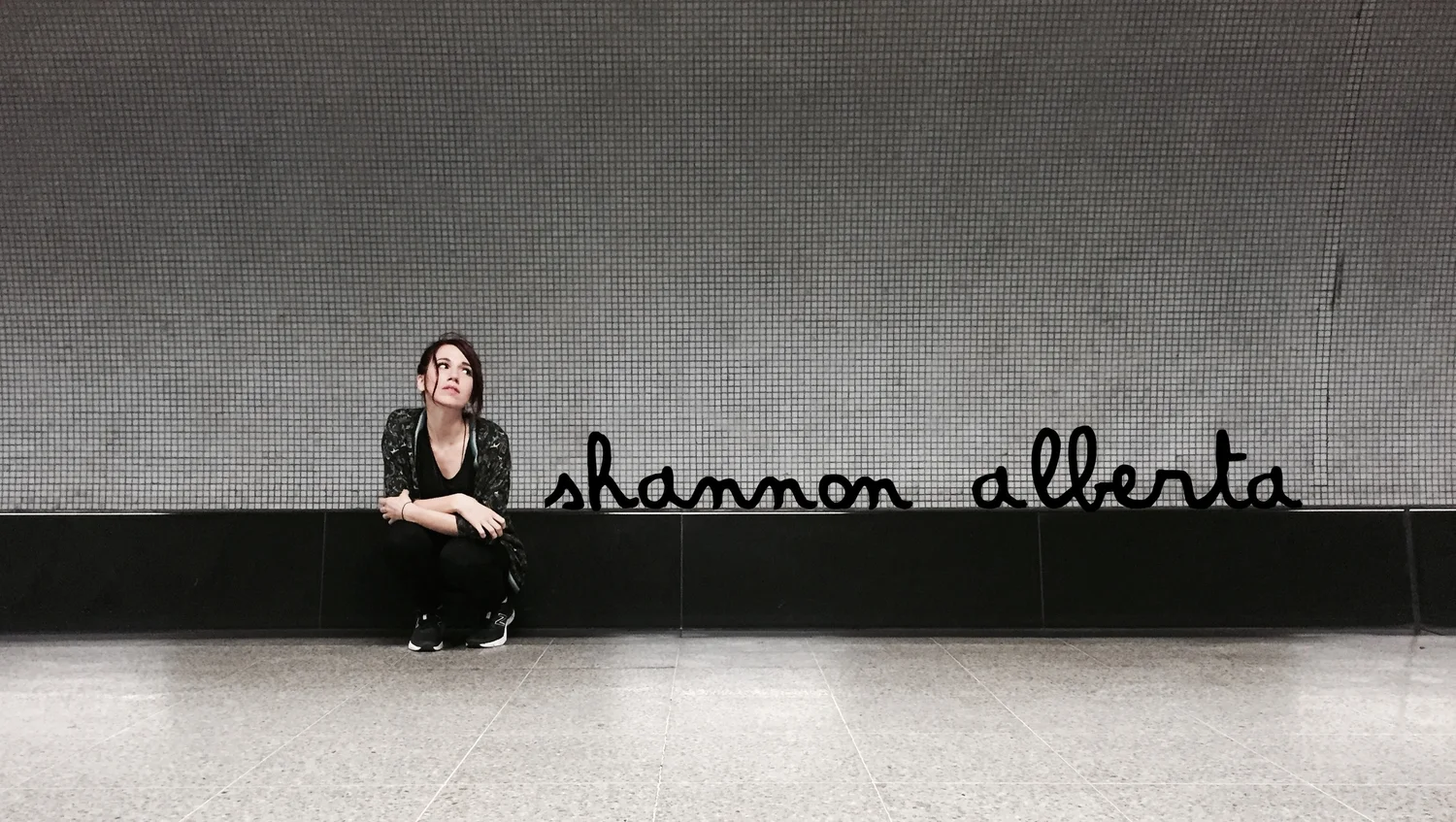"The hard is what makes it great."
My babe's out of town this week, and it's hotter than the 9th circle of hell, so I spent tonight eating popsicles every colour of the rainbow and watching A League of Their Own. (I remember watching it as a girl and being in awe of how beautiful Madonna was.)
Anyway, this has also been a week full of revising, which, for me, means the volumes gets turned up on those bitchy inner voices that love to chime in when you haven't asked them a goddamn thing, you're just sitting at your desk, being a good little writer and they just have to diarrhea all over everything.
There's a scene in A League of Their Own, and I sat up as soon as it started. Tom Hanks is the coach and he's trying to convince his MVP (Geena Davis) not to quit the team. She says, "It just got too hard." His response:
It's supposed to be hard.
If it wasn't hard, everyone would do it.
The hard is what makes it great.
Thank you, Tom Hanks. You're a gentleman, and a scholar.

